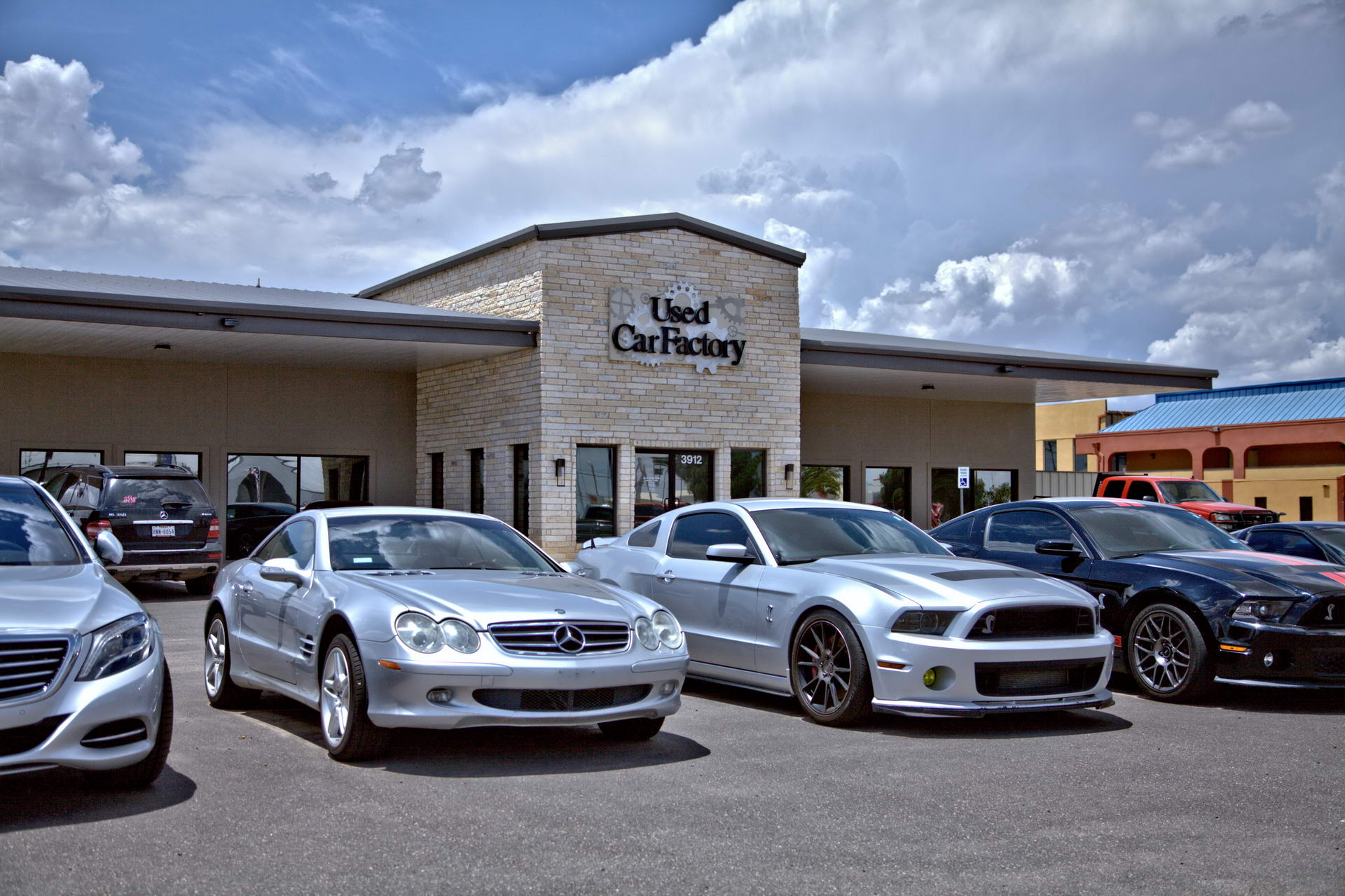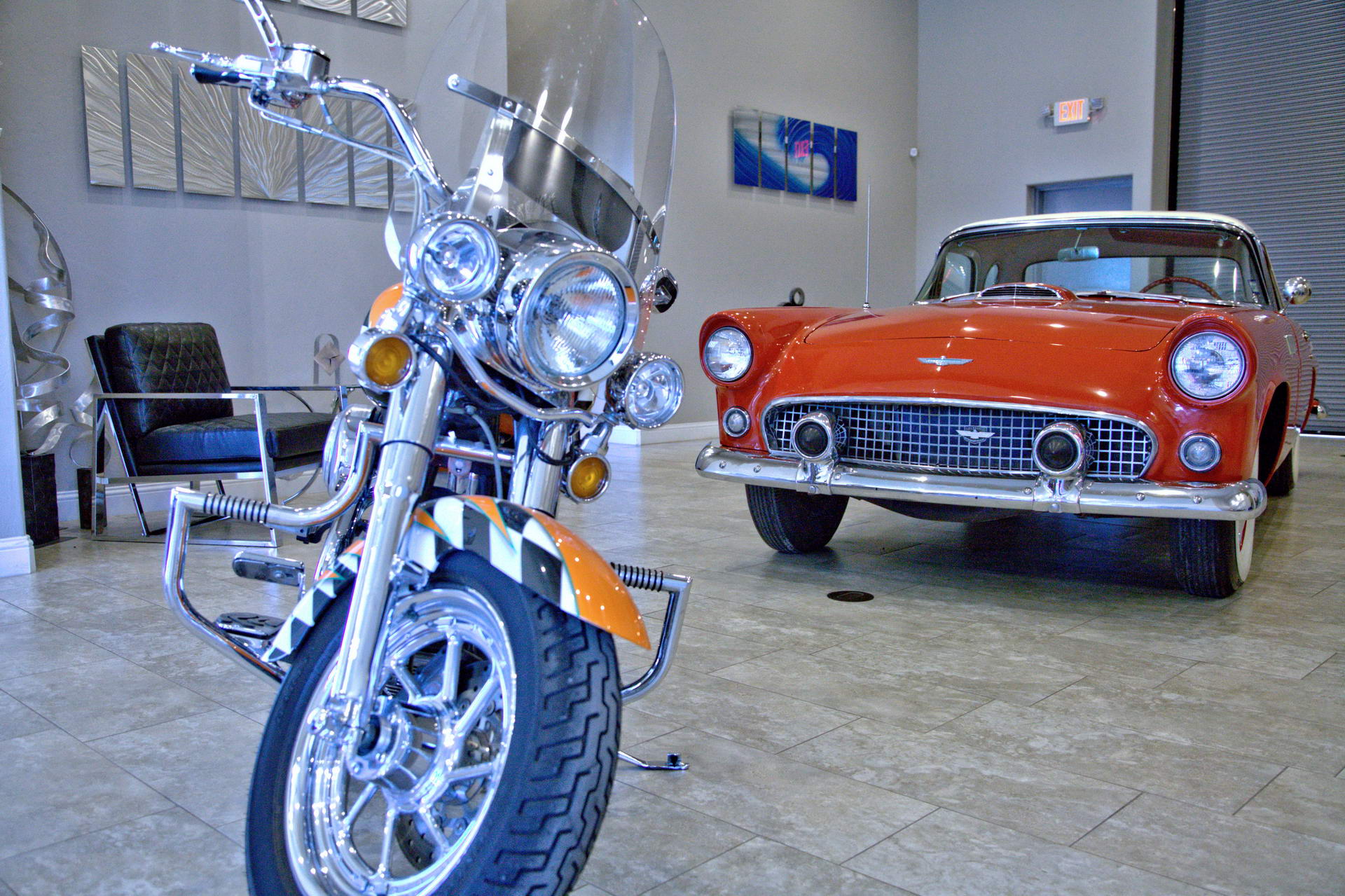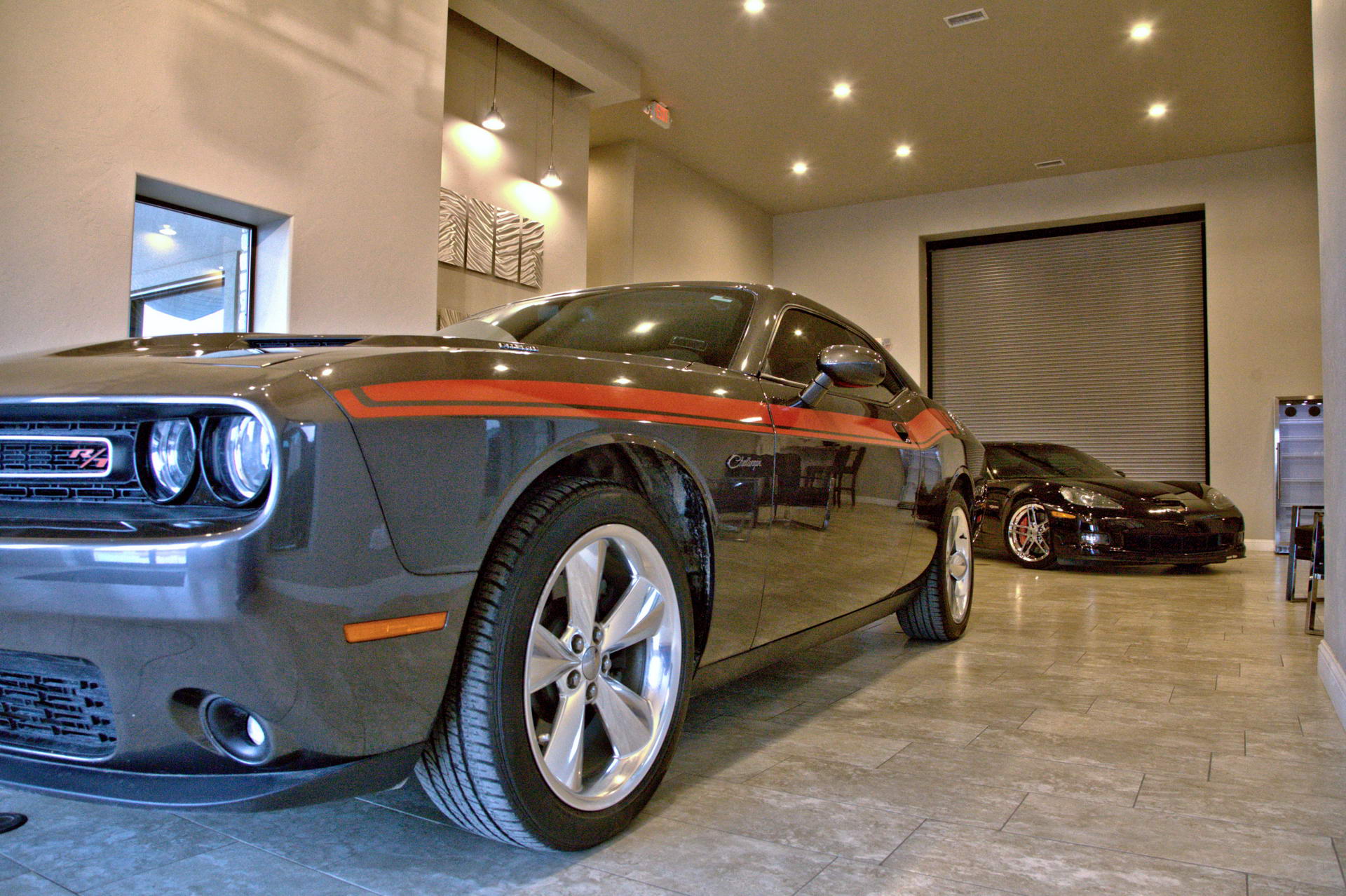Used Cars For Sale Midland Tx – For when everything is for sale, it’s easy to forget that the most important things in life are not commodities; they are experiences, relationships, and moments of connection that cannot be measured in dollars and cents. Most new items, particularly electronics, are designed with built-in obsolescence. This has opened up new opportunities for small businesses to thrive and for consumers to access unique, well-made items that they might not have encountered otherwise. When a car is put up for sale, it can feel like letting go of a part of one’s journey. The rise of minimalist living, which emphasizes owning fewer, more meaningful possessions, has played a role in this shift. The decision to sell an heirloom piece of furniture, for example, can be emotionally complex, as it involves a shift in one’s connection to the past. While there are certainly markets where affordable goods are a necessity, quality goods for sale often come with a premium price tag. Due diligence is a crucial part of the process, where the buyer investigates the business thoroughly to ensure that there are no hidden liabilities, potential risks, or operational inefficiencies. Social movements and grassroots organizations work tirelessly to provide resources and support to those who need it, often without expecting anything in return. In some cases, selling second-hand items can be a way to make a significant profit, especially if the items are rare, vintage, or in high demand. For some, selling a business is a proactive decision to move on to new ventures, while for others, the sale might be the result of external factors, such as market downturns, changing consumer preferences, or regulatory shifts. Buyers can often filter search results by price, condition, and location, making it easier to find the best deals. While buying and selling second-hand items can come with its challenges, the rewards—both financially and environmentally—make it a worthwhile pursuit for many people. For sale, it seems like a simple phrase, yet it carries with it an array of possibilities, emotions, and decisions that can shape someone’s life. People often feel like they are for sale, too, in various ways. The notion suggests a world where anything and everything, regardless of its intrinsic value, can be bought, sold, or traded. We start to treat people as commodities, too — as means to an end, as tools for achieving personal success or social status. Vintage clothing, in particular, has gained a significant following, with people seeking out unique, one-of-a-kind pieces that cannot be found in mainstream stores. Millennials and Gen Z, in particular, have embraced the idea of second-hand shopping as a way to challenge consumerism, reduce waste, and express their individuality. It can be a metaphor for much deeper exchanges in life.

Used Car Factory Midland
Powertrain warranty172pt inspectionsford used certificationgold cert up to 6yr/80k

Midland Car Sales LTD Moate
Powertrain warranty172pt inspectionsford used certificationgold cert up to 6yr/80k

Used Car Factory Midland
Powertrain warranty172pt inspectionsford used certificationgold cert up to 6yr/80k

Used Trucks for Sale in Midland, TX Autotrader
Powertrain warranty172pt inspectionsford used certificationgold cert up to 6yr/80k

Used Car Factory Midland
Powertrain warranty172pt inspectionsford used certificationgold cert up to 6yr/80k

Used Trucks and Pickups for Sale in Midland, TX Autotrader
Powertrain warranty172pt inspectionsford used certificationgold cert up to 6yr/80k

Used Cars for Sale Near Me in Midland, TX Autotrader
Powertrain warranty172pt inspectionsford used certificationgold cert up to 6yr/80k

We Buy Houses in Midland, TX
Powertrain warranty172pt inspectionsford used certificationgold cert up to 6yr/80k

Used Midland trailers for sale
Powertrain warranty172pt inspectionsford used certificationgold cert up to 6yr/80k

Used Trucks for Sale in Midland, TX Autotrader
Powertrain warranty172pt inspectionsford used certificationgold cert up to 6yr/80k
Second-hand goods, especially those that are vintage or antique, often carry a sense of history and craftsmanship that can be missing from mass-produced products. As more and more people become concerned about the planet’s resources and the impact of consumerism on the environment, the concept of buying used goods has gained traction as a more sustainable alternative to purchasing new products. In this sense, online second-hand markets have not only made pre-owned goods more accessible but have also made them more desirable, offering an alternative to the mass-produced, one-size-fits-all nature of new products. The possibilities are endless, and the result is often something more unique and personal than what could be bought new. Thrifted clothing, vintage furniture, and pre-owned electronics are often seen as more authentic and unique than brand-new, mass-produced items. The market for second-hand goods is also influenced by societal trends and economic conditions. When someone talks about purchasing quality goods, they are likely thinking of items that have been designed to last, to provide a superior experience, and to offer a sense of value far beyond the initial cost. In this digital age, it often feels like there’s no such thing as privacy anymore, and that’s because we’ve essentially agreed to sell pieces of ourselves in exchange for recognition, affirmation, or even money. For sellers, the market for second-hand goods offers an opportunity to declutter their homes and make some extra money. When people buy second-hand items, they are extending the life cycle of those goods, which means fewer products end up in the trash. For many, purchasing second-hand goods is not just about saving money, but about embracing sustainability, supporting a circular economy, and contributing to a more environmentally conscious world. The most obvious benefit is the cost savings. Unlike mass-produced items that may become outdated or fall apart with minimal use, quality products are designed to endure. For instance, businesses in industries such as technology, renewable energy, or e-commerce may attract more buyers due to their perceived growth potential. In some cases, sellers may be willing to offer financing options, where they agree to receive payment over time, which can make the business more attractive to potential buyers. This is especially true in a world dominated by fast fashion, disposable electronics, and mass-produced products. But the financial aspect is only one part of the equation. From online platforms to local thrift stores, second-hand goods offer an opportunity for consumers to access unique products, save money, and reduce their environmental footprint. These concepts, they say, are too sacred, too important to be reduced to mere transactions. Buying second-hand goods has numerous advantages.
In some cases, it’s not just objects that are for sale, but entire industries or institutions. Buyers can often filter search results by price, condition, and location, making it easier to find the best deals. Second-hand goods for sale have become an integral part of today’s economy, a trend that transcends geographic, economic, and cultural boundaries. It carries the marks of life’s moments: the road trips, the adventures, the daily commutes, the memories of friends and family. It’s a world where even personal growth, self-actualization, and emotional healing are framed as commodities, available for purchase at any time, but only if you’re willing to pay the price. Books, records, and collectibles are also highly sought after in the second-hand market. When everything becomes a transaction, we risk losing sight of what truly matters. From online platforms to local thrift stores, second-hand goods offer an opportunity for consumers to access unique products, save money, and reduce their environmental footprint. People can be bought and sold in the form of labor, for example, and loyalty can be traded for material gain. This leads to the accumulation of waste that ends up in landfills, contributing to pollution and the depletion of valuable resources. What will come next? What new opportunities will arise from this decision? When an item is placed “for sale,” it’s not just the object that’s changing hands; it’s often a reflection of the personal changes happening within the seller. But is this a reflection of reality? Or is it an illusion we’ve created, an idea we’ve accepted in order to make sense of a world that increasingly revolves around consumption and profit?
At the core of this idea lies the assumption that everything, no matter how unique or rare, can be exchanged. In a circular economy, items are kept in use for as long as possible, reducing the need for new resources and minimizing environmental harm. For the buyer, a car offers freedom, mobility, and a chance to create their own story on the road. Both buyers and sellers should approach transactions with honesty and transparency to ensure a smooth exchange. In this sense, purchasing pre-owned items can be seen as a form of social responsibility, as it helps create a positive impact that extends beyond the individual buyer. Once a suitable business has been identified, the buyer usually begins the due diligence process, which involves reviewing all relevant documents, financial records, and contracts. In fact, there’s been a resurgence of interest in artisanal, locally-made products, especially in industries like fashion, home decor, and food. They can assist in determining the right price for the business, marketing it to potential buyers, and managing the negotiation process. When someone buys a second-hand item, whether it’s a piece of furniture passed down through generations or a retro jacket from a bygone era, they are not just acquiring an object; they are connecting to a story, a memory, or a cultural moment.